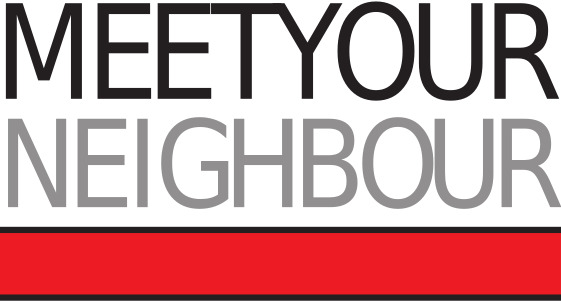

Arrowtowner John Griffin recently stepped down as golf GM of Queenstown’s Jack’s Point.
However, the personable 68-year-old stresses he’s only semi-retiring — and is presently volunteering two to three days a week, mainly on the greenkeeping side, at Dunedin’s Chisholm Links, formerly Chisholm Park, where he learned the game.
Griffin’s coached top Kiwis like Steve Alker and Phil Tataurangi, and been named NZ ‘coach of the year’, but just as impressively, through his involvement in Arrowtown’s Millbrook and The Hills’ formative years, and at Jack’s, he’s been a pioneer in Queenstown’s lucrative golf tourism industry.
He first got into golf caddying for his dad, aged 10 or 11, then started playing at Chisholm Park and Otakou.
He eventually made Otago junior and senior teams, and even played for the NZ under-21s in Australia.
During school holidays he’d take the train to Alexandra to work for golf pro John Roche, and later did his golf pro apprenticeship under him.
Griffin says he could have become a touring pro but the life of a teaching pro offered more security, especially as he married at 21 and became a dad of three.
"And I didn’t believe my game was up to that level."
In 1977 he got his first job as a golf pro at Invercargill’s Greenacres, then switched to Otatara two years later.
While in Southland he also coached at about 30 other clubs.
In 1978 he also established Invercargill’s JG Pro Sports, specialising in ball sports.
In ’86 he sold the business, quit Otatara and left for Hamilton, where he’d invested in the Westlands course with his former mentor, Roche.
While there he furthered his involvement with up-and-comers like Alker, Tataurangi, Grant Moorhead and Gina Scott.
He’s elated, he says, at Alker’s success on the PGA Champions tour — "he’s such a good person, as an individual, above all else, and he’s very passionate and committed to his golf".
Griffin then moved to Millbrook in ’93 — the year he won Waikato ‘coach of the year’ — to become director of golf about six months after it opened.
He says he was attracted by its different style of golf.
"Millbrook was looking at the first real tourism model of actually bringing in people from overseas, and also growing a club which was more family-based."
He also got to know its original course designer, Kiwi legend Sir Bob Charles, and is still involved with his foundation, developing young players.
Famously, Griffin played with visiting US President Clinton in 1999, first in a foursome and then, the next morning, just with him, "and obviously gave him a few pointers".
"He played very well, actually."
In 2002, Griffin moved to Christchurch to help out Queenstown-based course designer John Darby at Clearwater.
Then, in 2004 he joined Darby in the development of Sir Michael Hill’s The Hills, through to its opening for the NZ Open in 2007.
In his latter stages there, he also helped out Darby with the development of Jack’s Point, moving there after the NZ Open.
Darby, he says, is "probably the understated hero of golf in NZ".
Griffin says the opening of Jack’s Point, another championship course, was vital to Queenstown becoming a golf destination.
"What we found at Millbrook in the early days, to get people to travel from even Australia to play one course wasn’t enough product."
Meanwhile, Griffin also began a 13-year stint on the board of Southland Golf, representing it at NZ level, and also coached Southland men’s and women’s teams at national tournaments.
He says he’s finished at Jack’s as "it’s just time — look, it probably would have happened sooner if it wasn’t for Covid".
He’s looking forward to having more family time and, believe it or not, playing more golf — "I’ve only been averaging six to 10 games a year".
Griffin says his golfing highlight’s been the people he’s met — "it’s a wonderful cross-section of people, and that’s the part of golf I like".
"And it’s the part of golf I worry about now, because I feel the game’s a little bit in danger, particularly here in Queenstown, of becoming a little bit rich.
"I really do hope [public] courses like Kelvin Heights and Arrowtown retain a strong base of local participation, so people who haven’t got the richest backgrounds, it’s accessible for them."












